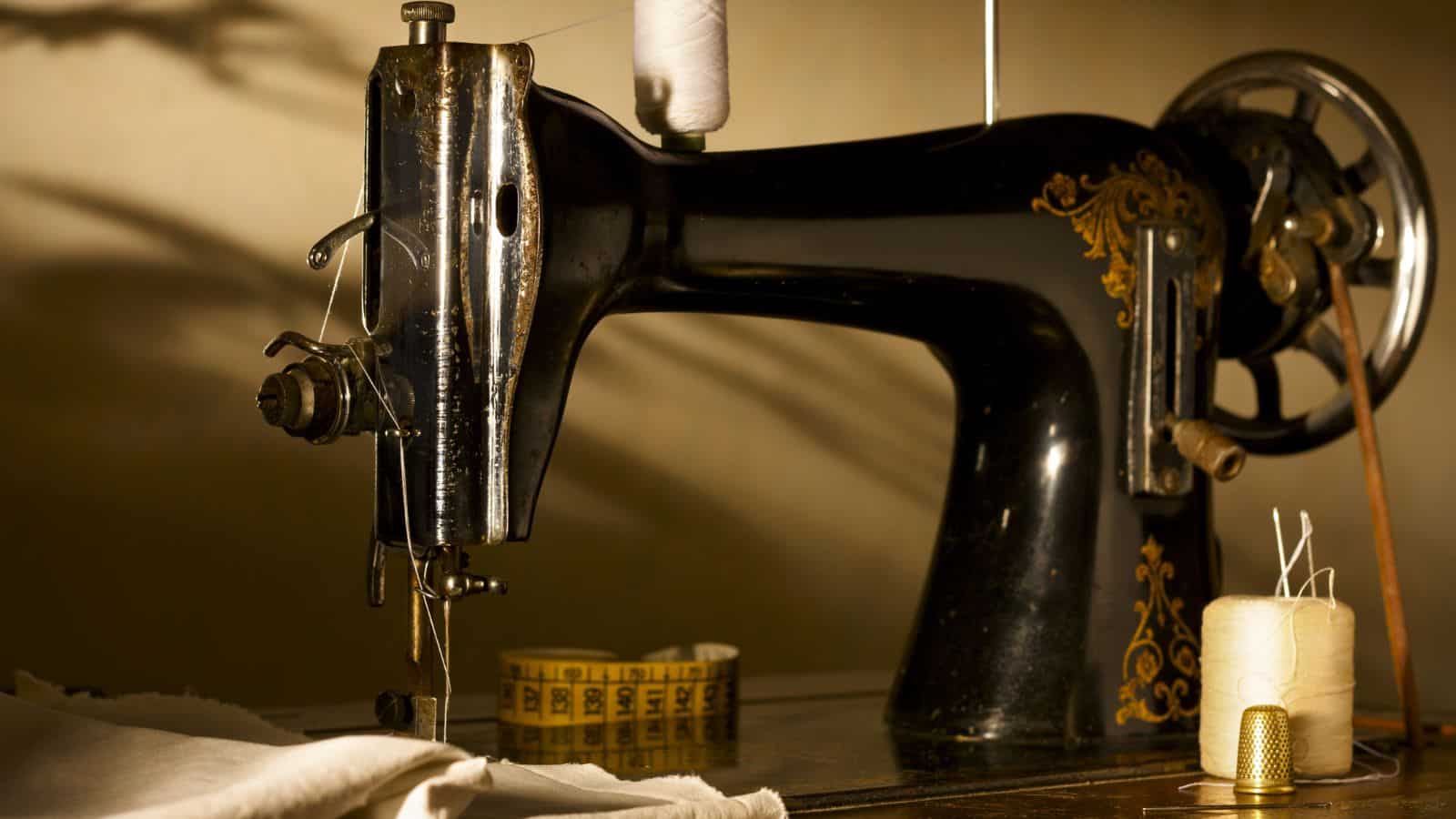Certain items you’ll remember from your childhood home are now considered rare. You may even find that some of these items are worth a lot these days. Check out these 17 familiar items that are rare today, and who knows, they might be worth a goldmine!
Typewriters

When the computer came along, typewriters became a thing of the past. However, if you still have one, do some research to see if it’s worth anything, because the older the typewriter, the more it’s worth. If it’s dated pre-1940 and still working, it could be worth up to $1000!
Rotary phones
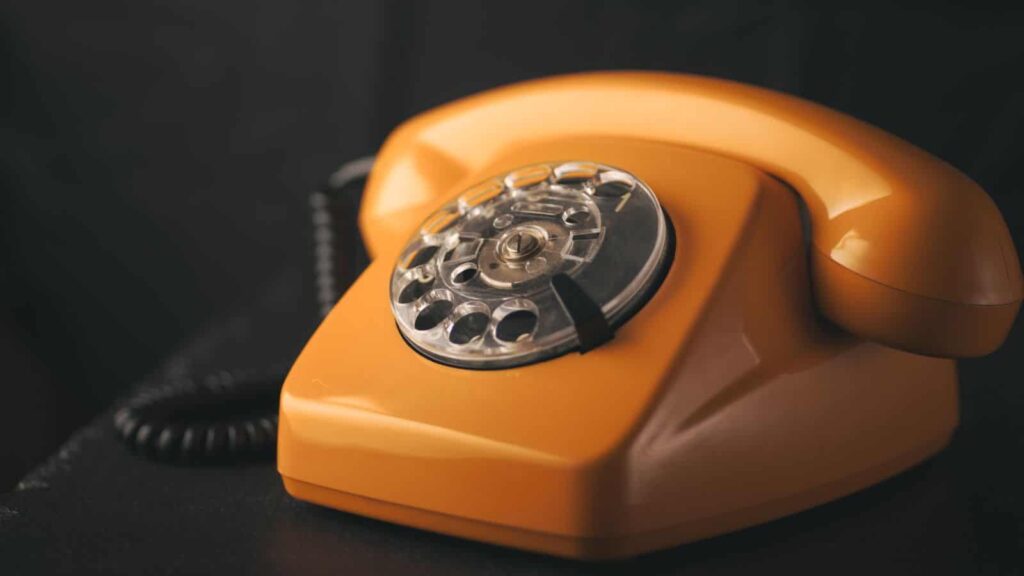
Much like typewriters, you likely had a rotary phone when you were a child, with Readers Digest explaining that they were popular from the 1920s to the 1980s. Everyone had one, but now they’re considered to be antiques. They’re so rare that they’re now a great talking point whenever they’re spotted.
Beanie Babies
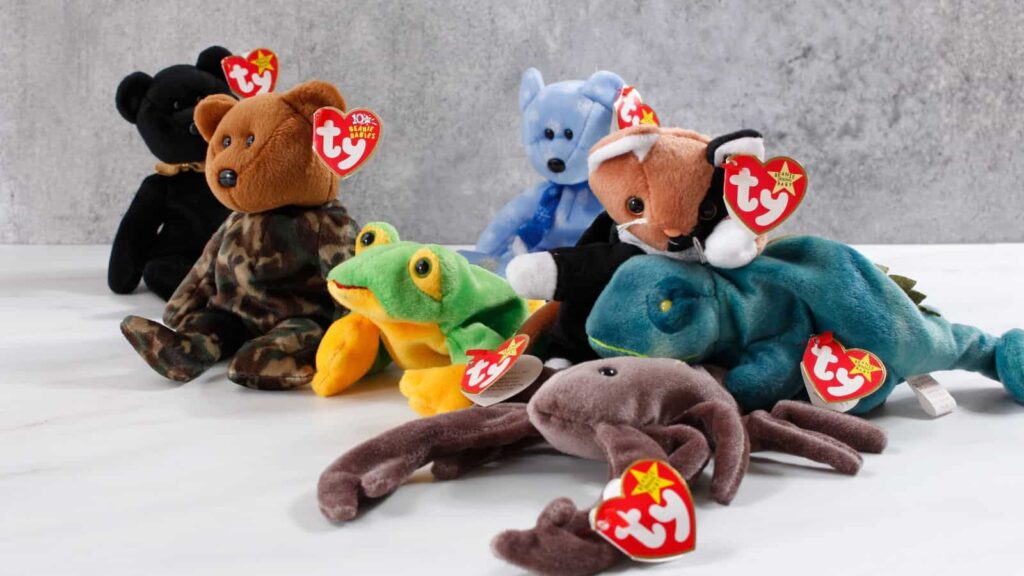
Beanie Babies were the talk of the playground when we were kids, and while it won’t have been your parents who owned them, they’re most likely still at their house. Beanie Babies are now worth serious money, often $50 or more, so it’s worth revisiting your old collection!
Fine china
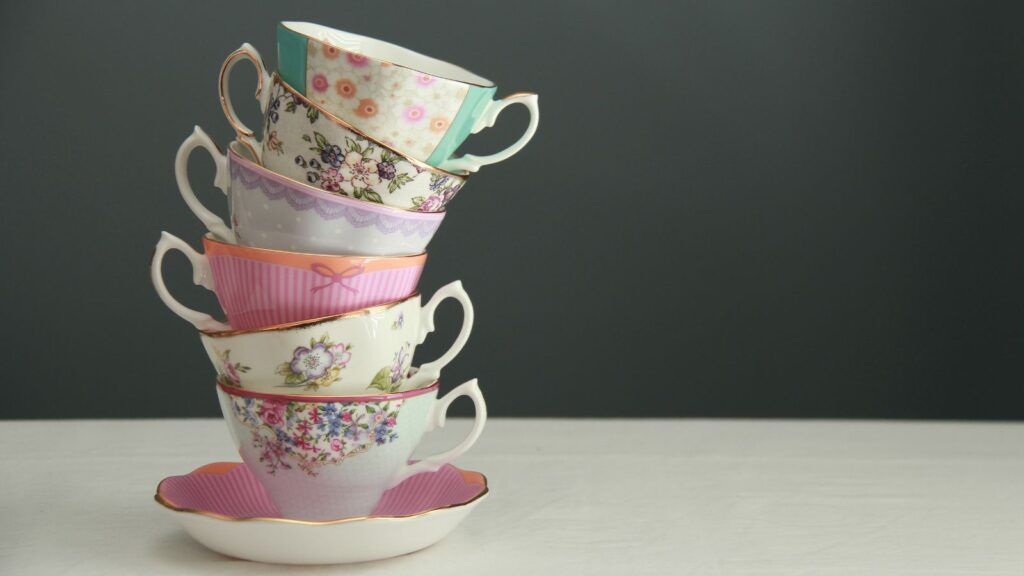
Fine china would always come out when guests visited, but under no circumstances would it be used daily. Every family had a set of fine china, but how often do you see it these days? Unless you’re dining at a fancy restaurant or enjoying high tea in the UK, it’s pretty rare.
Novelty cookie jars
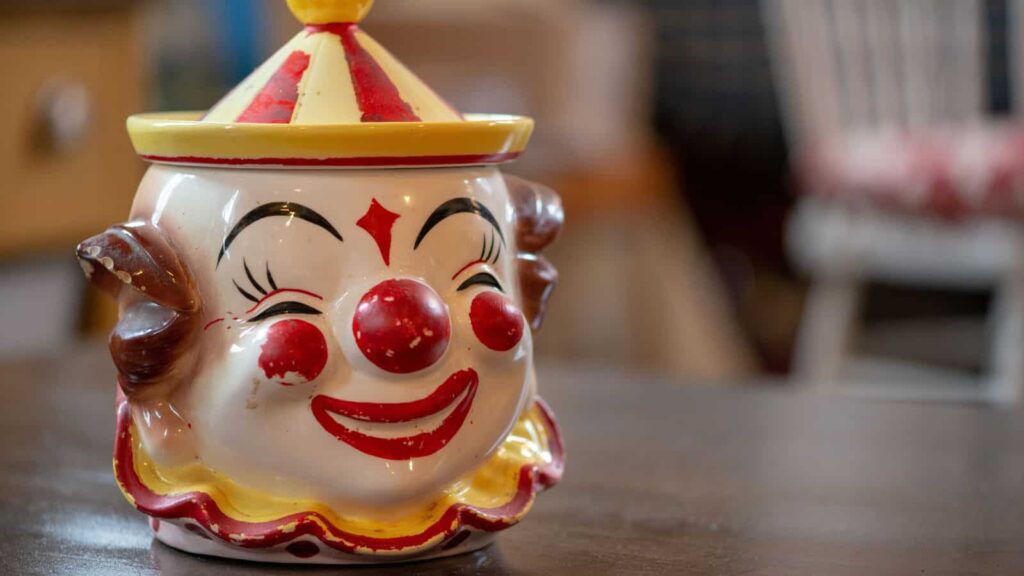
When we were growing up, every kitchen had a novelty cookie jar. Some contained cookies, some disappointingly contained coupons, but all our parents had one. They came in all shapes and sizes, but for some reason, they’re rare to see these days.
Handheld whisks

Every parent owned a handheld whisk, and using one was how we grew up baking, so what the heck happened to them? Interestingly, Timetoast documents that electric hand mixers were actually invented in the early 1900s, but for some reason, they didn’t make handheld whisks redundant until recently.
Porcelain dolls
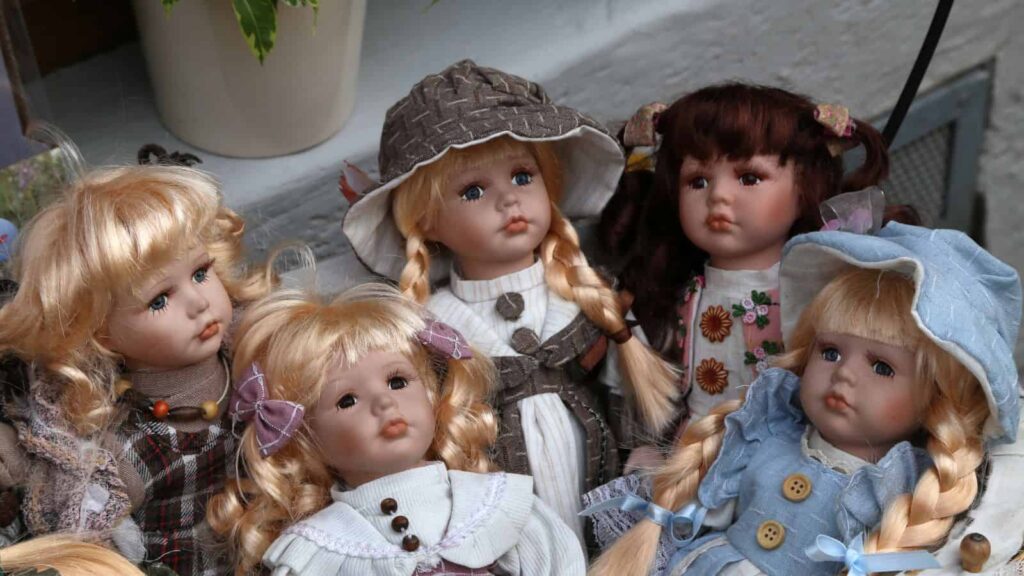
Porcelain dolls were a huge craze from the 1980s to the early 2000s. Regarded as collectibles, porcelain dolls were a part of the decor, and many homes had huge collections. Some porcelain dolls could now be worth thousands, so their value is definitely worth looking into, but they’ve ultimately fallen out of fashion.
Ornament cabinets

When we were children, our parents needed furniture to store all those porcelain dolls and fine china pieces, so ornament cabinets were common pieces of household furniture. These display cases would typically feature ornaments, trophies, or other objects of pride, but now they’re rare to see outside households of older people.
Rocking chair
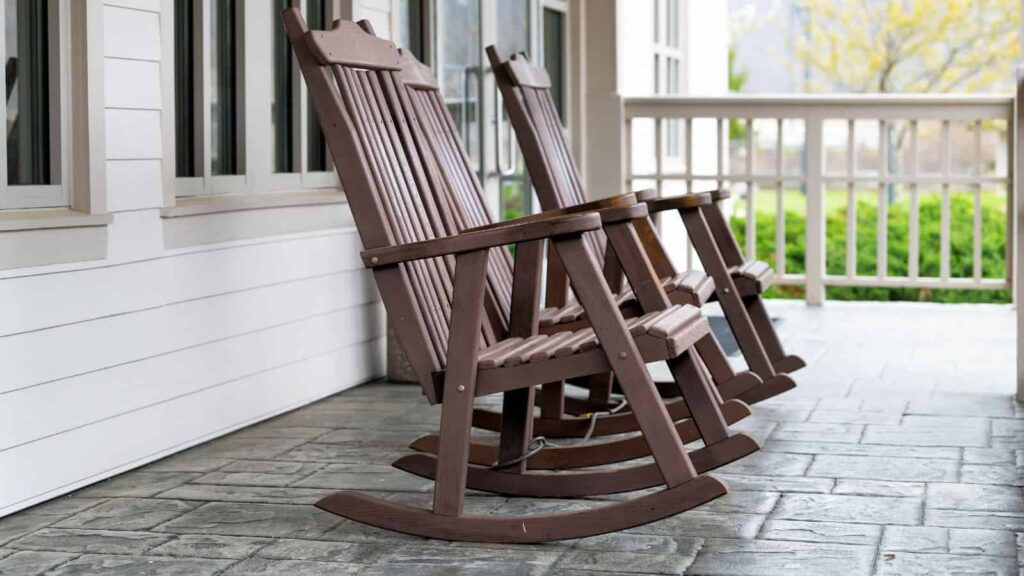
There is no doubt your parents had a rocking chair. It was a popular piece of furniture that seems to have had a rapid decline, which is a shame, as they brought so much character to a household! We wonder if their lack of presence could be due to their frequent features in modern horror movies…
Doilies

Our moms loved doilies; they were always on the table as fancy placemats when we had visitors or for special occasions, but you just don’t see them anymore. It’s strange how things like this just one day fizzle out of existence.
Sewing machine
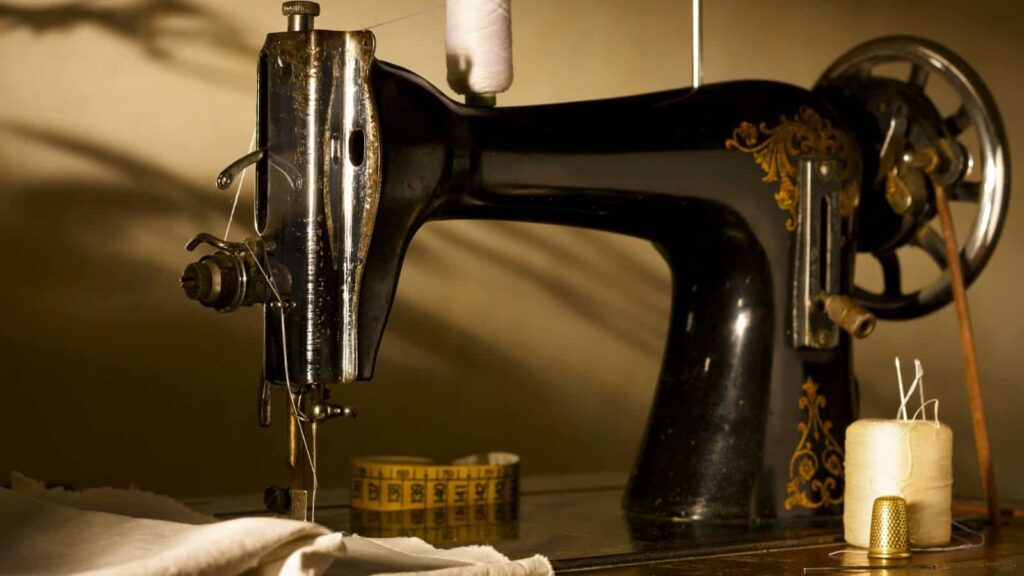
When traditional gender roles were still a big deal, it was common for our mothers to have more time for creative pursuits such as sewing. It was also more common to repair clothing than replace it. According to LoveToKnow, Singer was the most popular brand of sewing machine, and today, they’re worth a pretty penny.
Patchwork quilts
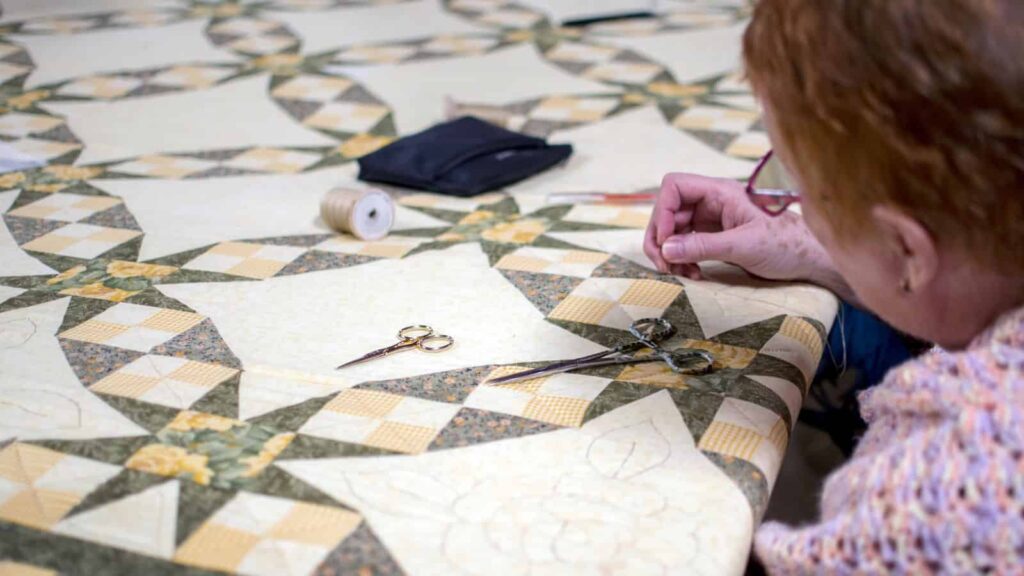
With households featuring a resident sewing machine, patchwork quilts were a popular creation. Crafted from the offcuts of other items and sewn together from our old clothes, patchwork quilts kept us warm on cold winter nights and decorated the end of our childhood beds. These days, they’re sadly more commonly found in the attic.
Shaggy rugs
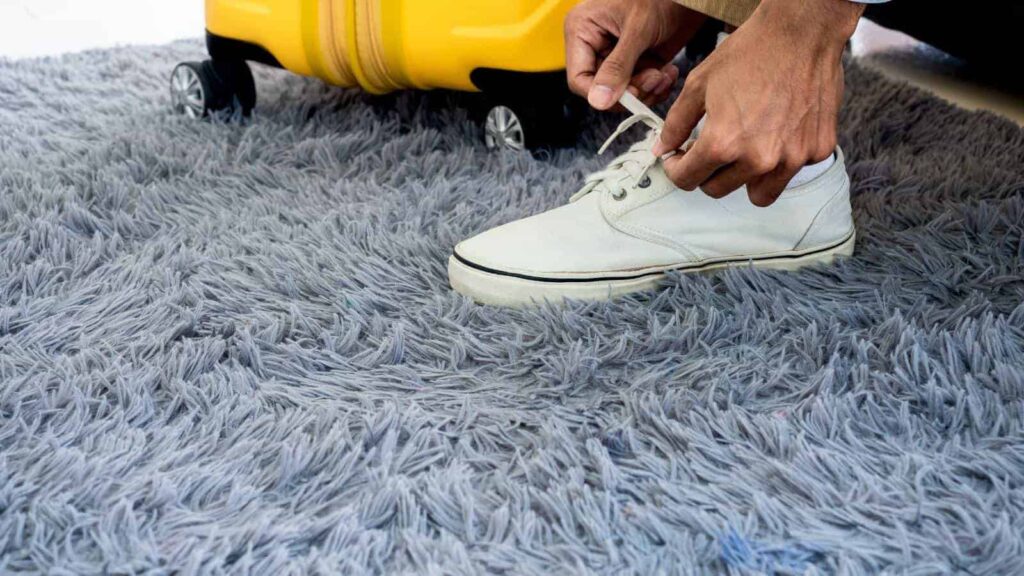
One of the hottest interior design trends of our childhood was the shaggy rug. Resembling a flattened layer of fluff, they were found in every room of the house, in every color and every design. For our parents, it was a cool and modern design piece, but they’ve since become outdated.
Ashtrays
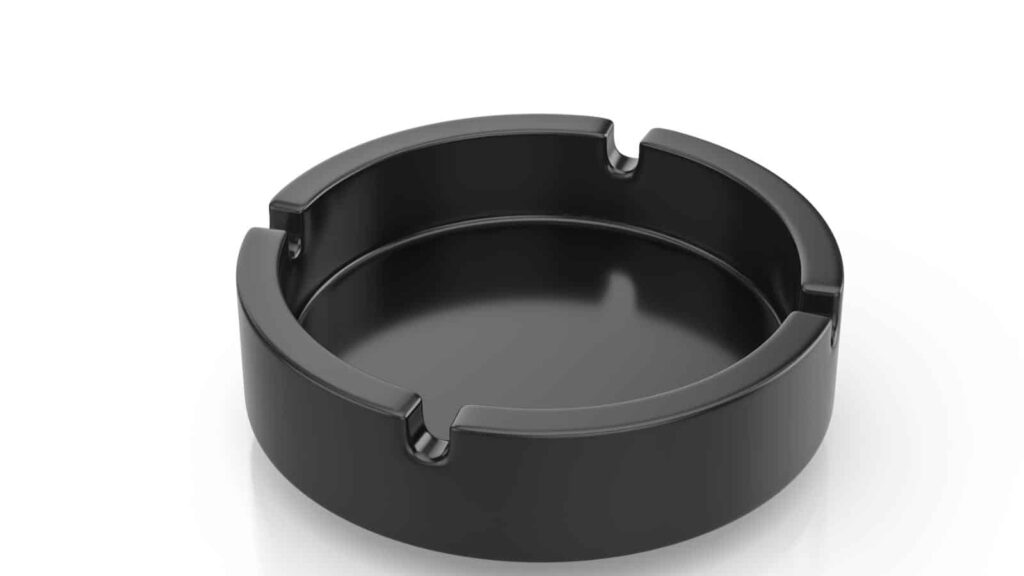
Whether your parents smoked or not, they will have owned at least one ashtray because when smoking was more common, it was acceptable to just light up in someone’s home. If you tried that these days, you’d likely be kicked out of the house, so ashtrays have become very uncommon in homes.
Rolodex

Today, any important contact information is stored on our phones, but our parents stored it in Rolodexes. They kept contact details for every acquaintance in this, frankly, prehistoric filing system. It’s not like there was any digital alternative, so every parent had one.
Handkerchiefs

Handkerchiefs were once common in the pockets of our parents; they used them to dry our tears and wipe our snotty noses, but now, they are generally only used by elderly men. Let’s be honest; they weren’t particularly hygienic, so we’re not too sad to see handkerchiefs disappear.
Water beds
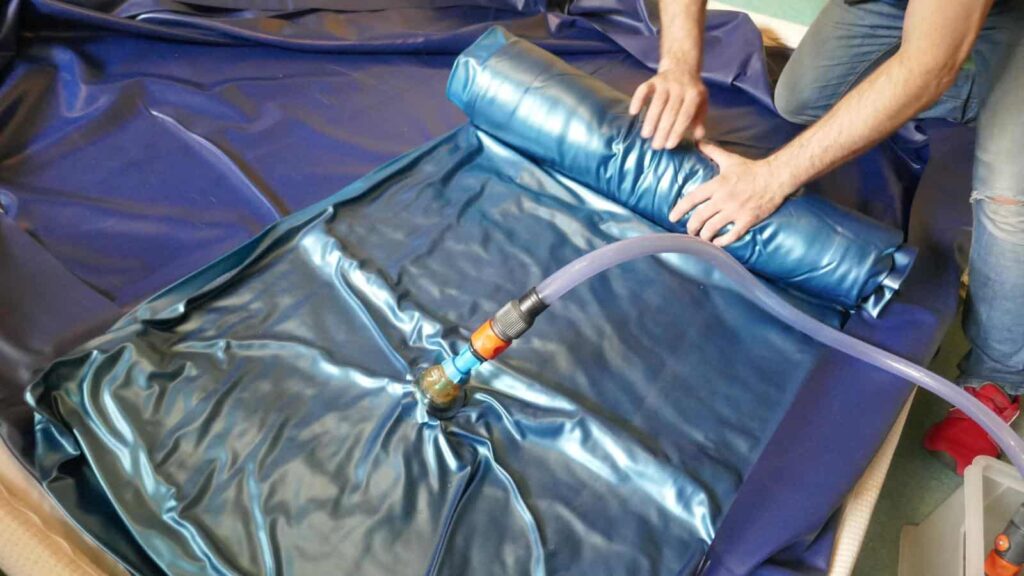
Finally, do you remember when water beds were all the rage? Frankly, they felt like you were sleeping on a boat with the constant worry of a leak, yet they remained popular. Apartment Therapy remembers that in 1987, 1 in 5 mattresses sold were waterbeds, but we bet you haven’t seen one in the last 20 years!
Up Next: 18 Reasons Why Men Get Grumpier As They Age

You might read this and be able to relate, or you may feel you’ve become grumpier the older you’ve gotten. Or maybe you know of a male friend or relative who has. Here are 18 reasons why men get grumpier as they age.
18 Reasons Why Men Get Grumpier As They Age
17 Products Millennials Refuse to Buy and It’s Affecting the Economy

Millennials have been the center of so much media attention due to their spending habits. Their unique ways of spending have built up and crushed many traditional industries. In this article, we look at 17 things millennials stopped buying and how that has impacted society.
17 Products Millennials Refuse to Buy and It’s Affecting the Economy
Where Even Truck Drivers Won’t Stop

Truck drivers tend to be hardy souls—well-seasoned travelers who aren’t often afraid to rest up or refuel in risky locations. However, there are certain U.S. locations that even the most road-weary trucker refuses to stop at for fear of criminal activity or natural dangers. Here are 17 such locations that even experienced truck drivers approach with trepidation (or not at all).

